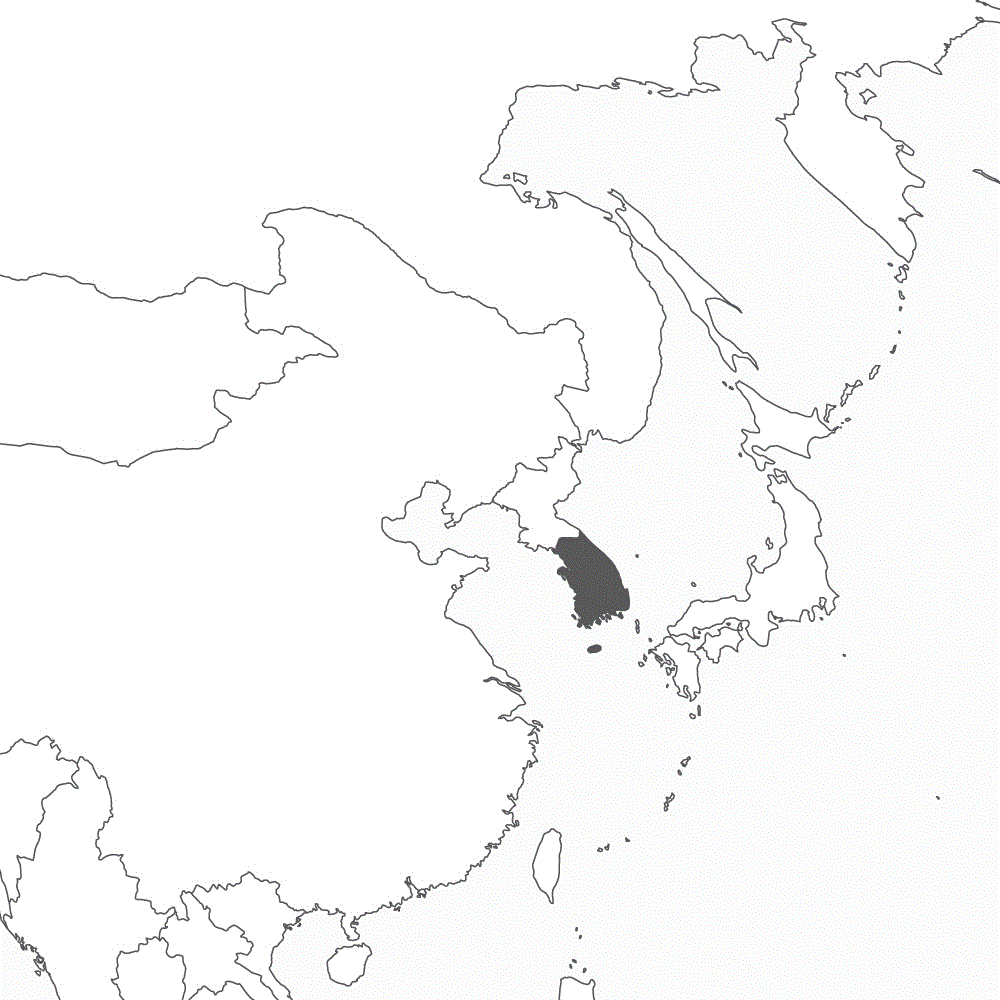Bloc Formation in East Asia (II)
German Defense Minister Pistorious is visiting South Korea seeking to expand military cooperation – against China. South Korea’s arms industry successfully rivals Germany’s. Seoul is considering acquiring nuclear weapons.
SEOUL/BERLIN (own report) – On Thursday, Defense Minister Boris Pistorius is arriving in Seoul for talks on the expansion of military cooperation with South Korea. Since 2021, a certain degree of cooperation between the two countries’ armed forces has been emerging, within the context of the German Asia-Pacific maneuvers. Last year, the Bundeswehr’s General Inspector, Carsten Breuer visited the South Korean capital for extensive talks. The objective is to integrate Germany into the broad-based Asia-Pacific alliance system being forged since some time by the United States. Until now South Korea had been a major customer of weapons from German companies, however it is not sure if this will continue in the future. In the meantime, that country has developed its own powerful arms production capacity and has even begun to expand its exports – even into the German industries’ traditional markets for their war materials. Poland, for example, has begun to buy South Korean K2 Black Panther battle tanks, instead of German Leopard 2s. While Berlin is forging ahead with military cooperation, demands are growing louder in Seoul for the production of its own nuclear weapons. Read more
Bloc Formation in East Asia
German Chancellor Scholz seeks to bolster cooperation with South Korea during visit in Seoul. In turn, South Korea and Japan tighten ranks against China under US leadership.
SEOUL/BERLIN (Own report) – Germany seeks to bolster cooperation with South Korea and is thus engaged in enhancing the formation of an East Asian bloc against China. This is the result of German Chancellor Olaf Scholz’s short visit to Seoul yesterday. Prior to his visit, Scholz had already welcomed the recent rapprochement between Japan and South Korea. The USA has exerted massive pressure on Seoul and Tokyo to tighten ranks against Beijing. The groundwork had recently been laid, when South Korea’s President Yoon Suk-yeol practically obliged South Korean companies to assume the Japanese companies’ obligation to pay compensation to their former South Korean forced laborers. While a clear majority of South Korea’s population is rejecting this plan, as well as Yoon’s pro-Japanese policy, Scholz is backing the South Korean president. Berlin seeks to intensify cooperation with Seoul in the fields of semiconductor production, of armament and military. Plans are being discussed to involve the Bundeswehr on an ongoing basis in the US-led monitoring of UN sanctions against North Korea. Read more
NATO at the Pacific (II)
South Korea’s President renounces compensation from Japan for World War II crimes to facilitate the West’s closing ranks against China. Bundeswehr conducts exercises with units from South Korea.
BRUSSELS/SEOUL (Own report) – South Korea’s President Yoon Suk Yeol announced the renunciation of compensation from Japan for its crimes committed during its occupation in World War II to facilitate closer – including military – cooperation with the West. Yesterday, Yoon announced his plan to establish a foundation, which will use South Korean funds to compensate forced laborers, who had been exploited by Japanese companies until 1945. The plan is met with broad protest in South Korea, while being seen with sympathy in the West: It is facilitating the transatlantic powers’ closing ranks with Japan and South Korea against China. Like Tokyo, Seoul, for years, has been intensifying its cooperation with NATO. Yoon attends NATO summits and South Korea’s armed forces plan to participate in exercises of the transatlantic military alliance. The Bundeswehr has also been regularly engaged in exercises with the South Korean troops since the frigate Bayern made its first Asian Pacific cruise in 2021/22. South Korea is boosting its military budget, currently by 6.8 percent. Japan is pursuing the strongest militarization in the region. Read more
Battle for the Tank Market
The US arms industry could be main profiteer from Leopard 2 deliveries to Kiev. German tank producers increasingly threatened by US and South Korean competition.
BERLIN/WASHINGTON/SEOUL (Own report) – The United Sates is holding up the promised deliveries of M1 Abrams battle tanks to Ukraine as a means of attacking Germany’s Leopard 2’s strong standing on the European arms markets. This is suggested by reports from industrial circles. As the Biden administration has confirmed, the promised 31 M1 Abrams battle tanks will probably not be delivered to Kiev before two, or eventually one and a half years. Washington is supposedly ready to quickly replace the Leopard 2 battle tanks, European countries deliver to Kiev, with M1 Abrams, as long as the recipients engage in a “long-term industrial partnership.” This would mean, however, that they would be lost as potential customers for German battle tanks. Experts warn that this would also entail Berlin’s loss of political influence. Poland was the first European state to opt for US battle tanks, already prior to Russia’s intervention, and is also buying battle tanks from South Korea, which it plans to produce itself, in a few years. This, in turn, serves US Interests in Eastern Asia – and weakens Berlin. Read more
GERMAN-FOREIGN-POLICY.com
Information on German Foreign Policy: News + Interviews + Analyses + Background

